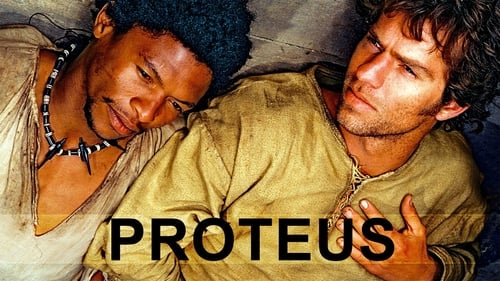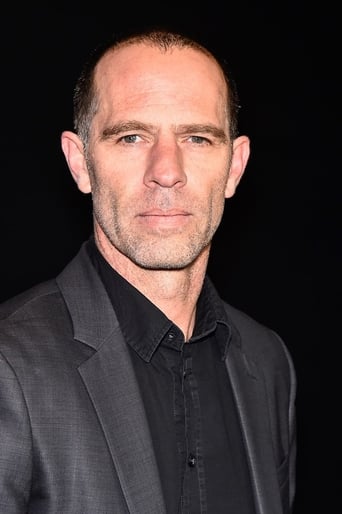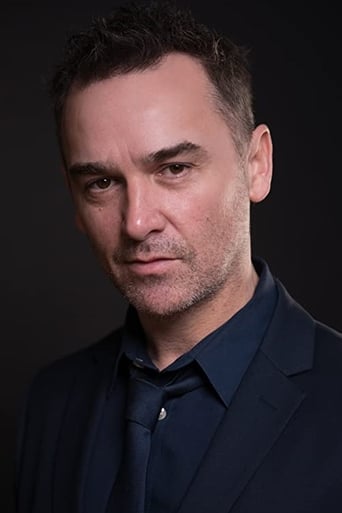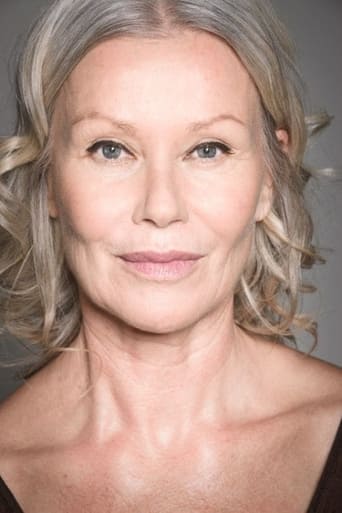FeistyUpper
If you don't like this, we can't be friends.
Bea Swanson
This film is so real. It treats its characters with so much care and sensitivity.
Derry Herrera
Not sure how, but this is easily one of the best movies all summer. Multiple levels of funny, never takes itself seriously, super colorful, and creative.
Paynbob
It’s fine. It's literally the definition of a fine movie. You’ve seen it before, you know every beat and outcome before the characters even do. Only question is how much escapism you’re looking for.
aarcher64-1
A lot has been said about the anachronisms but only to the point that "times are still tough for gay people." My impression is that they have more meaning then that, like were those court reporters portraying the actual reporters present when Mandela was sentenced using prison typewriters? Was that the Land Rover he rode in? Was the cousin dressed as Jackie O. saying something about Kennedy's involvement in S. Africa? There have also been complaints about the limited development of the Scot botanist's role. I believe they didn't spend more time on that because it wasn't necessary and maybe there wasn't more facts from the transcripts available.
Paul Creeden
It is no wonder that this film's title is not on the lips of young gay circuit boys. It is a glimpse of our heritage as gay men, however. It reminds us of our own struggle for human rights for centuries in Western culture and in many other cultures of the world. That struggle is not over. In Iran, these atrocities, like the ones depicted in this film, are perpetrated against consenting gay lovers. In Moscow, gay marchers cannot protest without being physically attacked. I find this film profound in that it comes from a country which is struggling with its own economic survival. Yet, this film, of high quality and low cost, was made there. It shames American gay producers, who would never find financing for such an important story. I have tremendous admiration for the makers of this film. Its minor technical failings are negligible, when its overall value to global gay culture is considered. I think it should be required viewing in high school classes on human sexuality. The fact that the film also clearly associates class issues with human rights issues is a refreshing dose of reality.
jkdrummond
I had seen this in the cinema some 7 or 8 months ago and when I saw it on sale on DVD, I snatched it up immediately; this is a film I will definitely watch many times before it's exhausted its fascination.This is unquestionably one of the strangest films ever made, and one of the most intriguing and even beautiful. Slight spoiler: *It does NOT have a happy ending, but it IS, nevertheless, a tremendously positive ending.* The love story involved is complex and clearly developed with an eye firmly fixed on the morality, ideas, and misinformation endemic to the early 18th century, when the "real life story" took place. Nevertheless, the film is chockablock full of some very strange anachronisms. Nevertheless, both the buddy I saw it with and I were able, very early on in the film, to adapt easily to that. Subsequently, I DID find out that, as I had expected, Greyson, the director, and Lewis, the writer along with Greyson, did those wild anachronisms deliberately in order to underscore, so to speak, the fact that racism, homophobia and class differences are as alive and well in the 21st century as they were in the 18th.The main focus is on the two lovers, but the Scottish botanist -- Spoiler: *present more as observer and sympathizer as anything else, though he is a major plot element* -- helps to open the story out to a much wider impact than a "mere" prison romance could allow for.Beautifully acted (particularly Rouxnet Brown, Neil Sandilands (the lovers) and Shaun Smyth (the Scots botanist, though ALL really do a splendid job with difficult material), for a film that was made on the merest wisp of funding fantastic production values, and, IMHO, great heart.A Canadian/South African Film Treaty movie, it pleased me enormously to learn that some of that micro-funding actually came from the government of SA! My major criticism of the film is the somewhat confused subtitling: There are, apparently, some four languages used in the film, Afrikans, Dutch, English and the click tongue of the Bushmen. *Once or twice the language on screen was subtitled in a non-English language.* A bit frustrating but scarcely off-putting.Enjoy!
Havan_IronOak
This film, based on a true story tells of Rijkhaart Jacobsz and Claas Blank two men who were imprisoned and met on Robben Island 1718 and 1735. These two men met and fell in love on the island that would, many years later become the site of Nelson Mandela's life sentence.Rijkhaart Jacobsz was a Dutch sailor that had been sentenced there for homosexuality. It is there that he met Claas Blank, a aboriginal (Hottentot) who had run afoul of the law and was acquitted of any crime because there was insufficient evidence of his committing any crime but was sentenced to 10 years hard labor because he had been accused.The story also tells us of Virgil Niven a Dutch plant biologist who had come to South Africa to classify the plant life there but was afraid to return home after the Dutch in Amsterdam began a pogrom of homosexuals.
While this story is NOT well known in South Africa today one hopes that with this film it will become more widely known. South Africa has one of the most enlightened constitutions in the world with an equal protection clause for sexual preference in their Bill of Rights.The film uses a creative approach to anachronism to help tell its story, mixing modern day elements with what is essentially a historical costume drama. Many of these elements were reported by the director to have special historical significance to those that know the full history of Robben Island, for the rest of us it just makes for an interesting device that adds a bit of spice to what some may think is a too-drawn out story.





